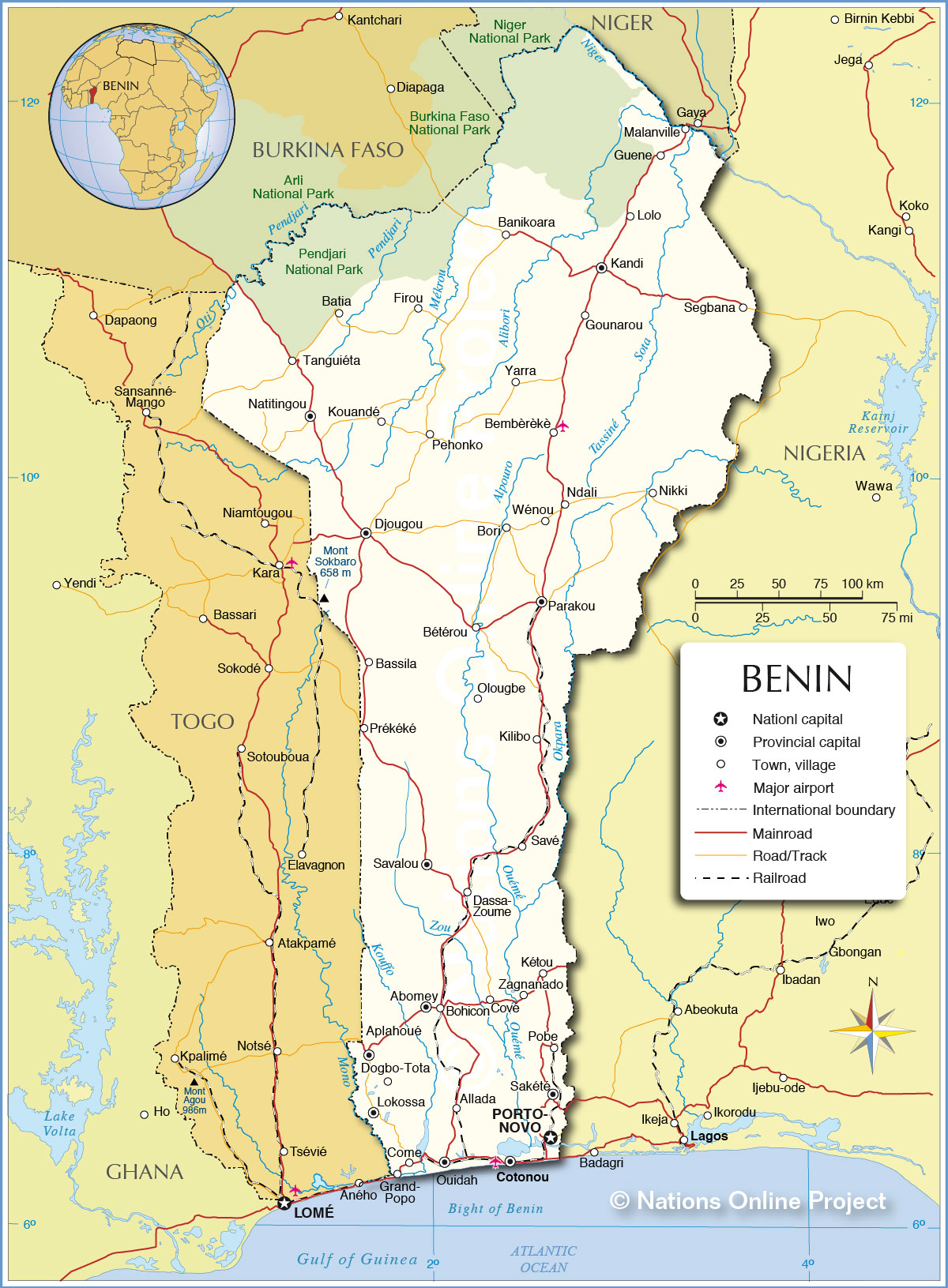Post by IrekeOnibudo on Dec 19, 2015 15:07:13 GMT
Ketu
Ketu is a historical region in what is now the Republic of Benin, in the area of the town of Kétou (Ketu). It is one of the oldest capitals of the Yoruba speaking people, tracing its establishment to a settlement founded by a daughter of Oduduwa, also known as Odudua, Oòdua and Eleduwa. The regents of the town were traditionally styled "Alaketu", and are believed to be related to the Egba sub-group of the Yoruba people in present-day Nigeria.
Ketu is considered one of the seven original kingdoms established by the children of Oduduwa in Oyo mythic history, though this ancient pedigree has been somewhat neglected in contemporary Yoruba historical research, which tends to focus on communities within Nigeria. The exact status of Ketu within the Oyo empire however is contested. Oyo sources claim Ketu as a dependency with claims that the Ketu paid an annual tribute and that its ruler attended the Bere festival in Oyo. In any case, there is no doubt that Ketu and Oyo maintained friendly relations largely due to their historical, linguistic, cultural and ethnic ties.[1]
The kingdom was one of the main enemies of the ascendant kingdom of Dahomey, often fighting against Dahomeans as part of Oyo's imperial forces, but ultimately succumbing to the Fon in the 1880s as the kingdom was ravaged. A large number of Ketu's citizens were sold into slavery during these raids, which accounts for the kingdom's importance in Brazilian Candomblé. Ketu is often known as Queto in Portuguese orthography.
Ketu is a historical region in what is now the Republic of Benin, in the area of the town of Kétou (Ketu). It is one of the oldest capitals of the Yoruba speaking people, tracing its establishment to a settlement founded by a daughter of Oduduwa, also known as Odudua, Oòdua and Eleduwa. The regents of the town were traditionally styled "Alaketu", and are believed to be related to the Egba sub-group of the Yoruba people in present-day Nigeria.
Ketu is considered one of the seven original kingdoms established by the children of Oduduwa in Oyo mythic history, though this ancient pedigree has been somewhat neglected in contemporary Yoruba historical research, which tends to focus on communities within Nigeria. The exact status of Ketu within the Oyo empire however is contested. Oyo sources claim Ketu as a dependency with claims that the Ketu paid an annual tribute and that its ruler attended the Bere festival in Oyo. In any case, there is no doubt that Ketu and Oyo maintained friendly relations largely due to their historical, linguistic, cultural and ethnic ties.[1]
The kingdom was one of the main enemies of the ascendant kingdom of Dahomey, often fighting against Dahomeans as part of Oyo's imperial forces, but ultimately succumbing to the Fon in the 1880s as the kingdom was ravaged. A large number of Ketu's citizens were sold into slavery during these raids, which accounts for the kingdom's importance in Brazilian Candomblé. Ketu is often known as Queto in Portuguese orthography.
Kétou is a Yoruba town, arrondissement, and commune located in the Plateau Department of the Republic of Benin (previously called 'Dahomey'). The commune covers an area of 2183 square kilometres and as of 2013 had a population of 156,497 people.[1][2]

Chief of Kétou (1900)

Coordinates: 7°21′29″N 2°36′27″E
Area
• Total 843 sq mi (2,183 km2)
Population (2013)
• Total 156,497 (2,013)
Source: en.wikipedia.org/wiki/K%C3%A9tou,_Benin









